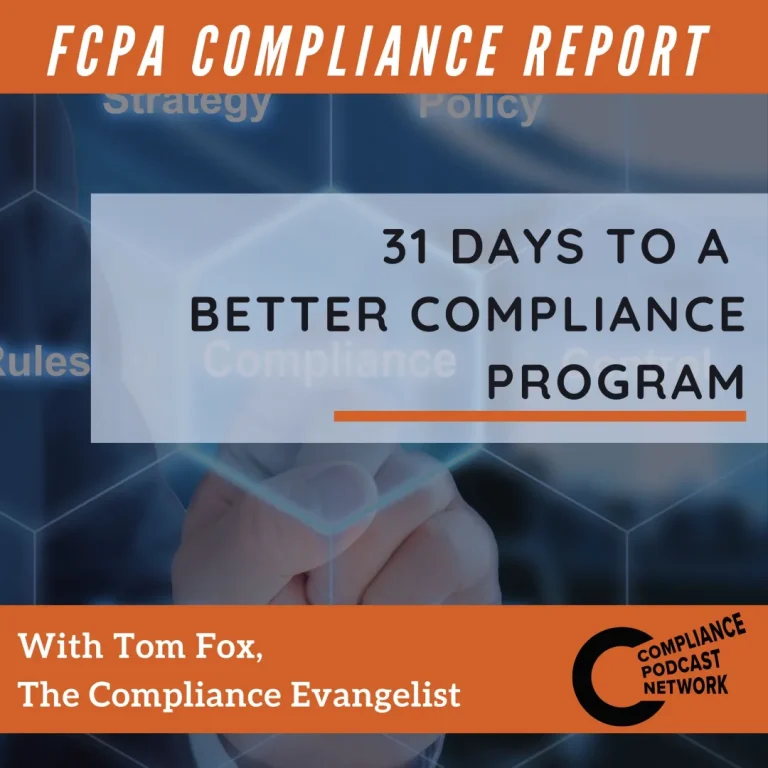We continue to look at fostering an ethical culture through psychological safety, using as a starting point the “Fostering Ethical Conduct Through Psychological Safety” whose authors believe that “when psychological safety is lacking, it may be a consequence of the employee having witnessed unethical behavior.” The more unethical behavior a person sees, the more likely they are to feel psychologically unsafe.
The authors basically state the obvious when they write, “It makes intuitive sense that being in a work environment where unethical behavior is prevalent might diminish psychological safety.” Put another way “people are most reluctant to speak up in ethically troubled environments, where we most need them to do so.” This is an important issue for every CCO and business leader. To overcome such a deficiency, they found that “several other factors correlated with strong speak-up behavior, keeping everything else constant: moral engagement, moral attentiveness, and organizational justice combined with clarity of expectations.”
Moral engagement. As a CCO you should endeavor to create an atmosphere where ethical conduct matters, “so that when employees recognize a potentially unethical situation, they will be motivated to do what’s right.”
Moral attentiveness. You can educate employees to recognize the ethical dimensions of situations. You can have managers highlight examples of ethical and unethical behavior with their teams and encourage dialogue on workplace ethics.
Organizational justice. Obviously, talk is cheap and it is actions, not deeds, that matter. The DOJ has made clear in the 2023 Evaluation of Corporate Compliance Programs that the keeper and responsibility of institutional justice sits with the CCO and the authors find that this same concept “is vital to building a reputation of organizational justice.”
Clarity of expectations. CCOs must communicate a clear message to employees so that employees will have “an understanding of organizational standards and are clear about expectations.”
Unethical conduct can remain hidden for a time but is likely to be discovered eventually, causing far more harm than if it were caught and corrected early. Psychological safety thus can help organizations respond and improve quickly instead of allowing misconduct and unethical behavior to fester and further degrade workplace psychological safety, thus triggering a vicious cycle.”
Three key takeaways:
1. Without psychological safety, corporate culture will suffer.
2. When your CEO engages in illegal behavior, what is the impact on culture?
3. Use moral engagement, moral attentiveness, and organizational justice to foster an improved culture.
Do you want to improve your culture? How can you assess your culture and develop a strategy to improve it going forward? In this free webinar on the new tool, The Culture Audit with Tom Fox and Sam Silverstein on Tuesday, November 28, 12 CT. For more information and registration, click here.






